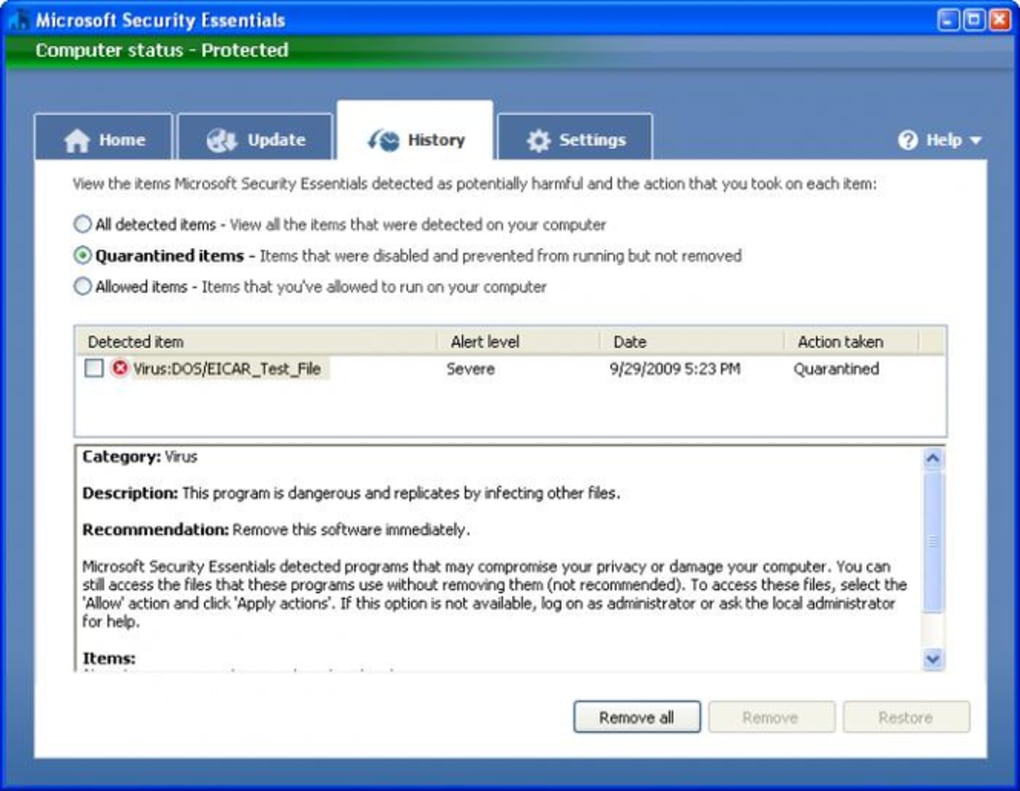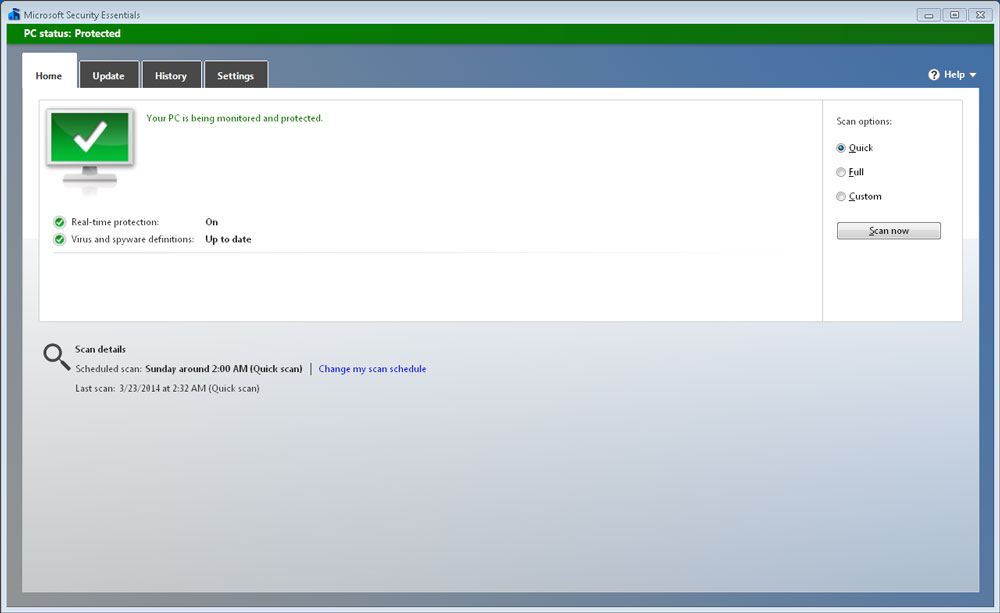
Inevitably, added Rains, “there is a tipping point where dated software and hardware can no longer defend against modern-day threats and increasingly sophisticated cyber-criminals.”

“Microsoft Windows XP was released almost 12 years ago, which is an eternity in technology terms,” he said in an 29 October blog post.

Developed during the midst of a nascent Internet, Windows XP is simply showing its age, according to Tim Rains, director of Microsoft Trustworthy Computing. Security experts at Microsoft have warned that come April, malware coders will unleash a wave of malware targeting Windows XP, endangering the data of users and businesses that are still reliant on the OS. In a few short months, that protection is set to vanish. Due to its tight integration with the OS, lightweight operation and lack of a price tag, it emerged as “good enough” protection for scores of users.

Microsoft Security Essentials, the free, slimmed down successor to Windows Live OneCare, guards against Trojans, rootkits and other malware on Windows XP, 7 and Vista (Windows Defender replaces Security Essentials in Windows 8). Warning that “technical assistance for Windows XP will no longer be available, including automatic updates,” the company said that it “will also stop providing Microsoft Security Essentials for download on Windows XP on this date.” In addition to putting a stop to security patches as updates for the ageing OS, Microsoft has also announced that it will stop providing what amounts to a first line of defence for many XP users. Microsoft will officially halt support for Windows XP on 8 April – more than 12 years since the operating system was launched way back in 2001.Īnd users hoping to eke a few more months, or perhaps years, out of the OS were dealt a further blow by Microsoft.


 0 kommentar(er)
0 kommentar(er)
